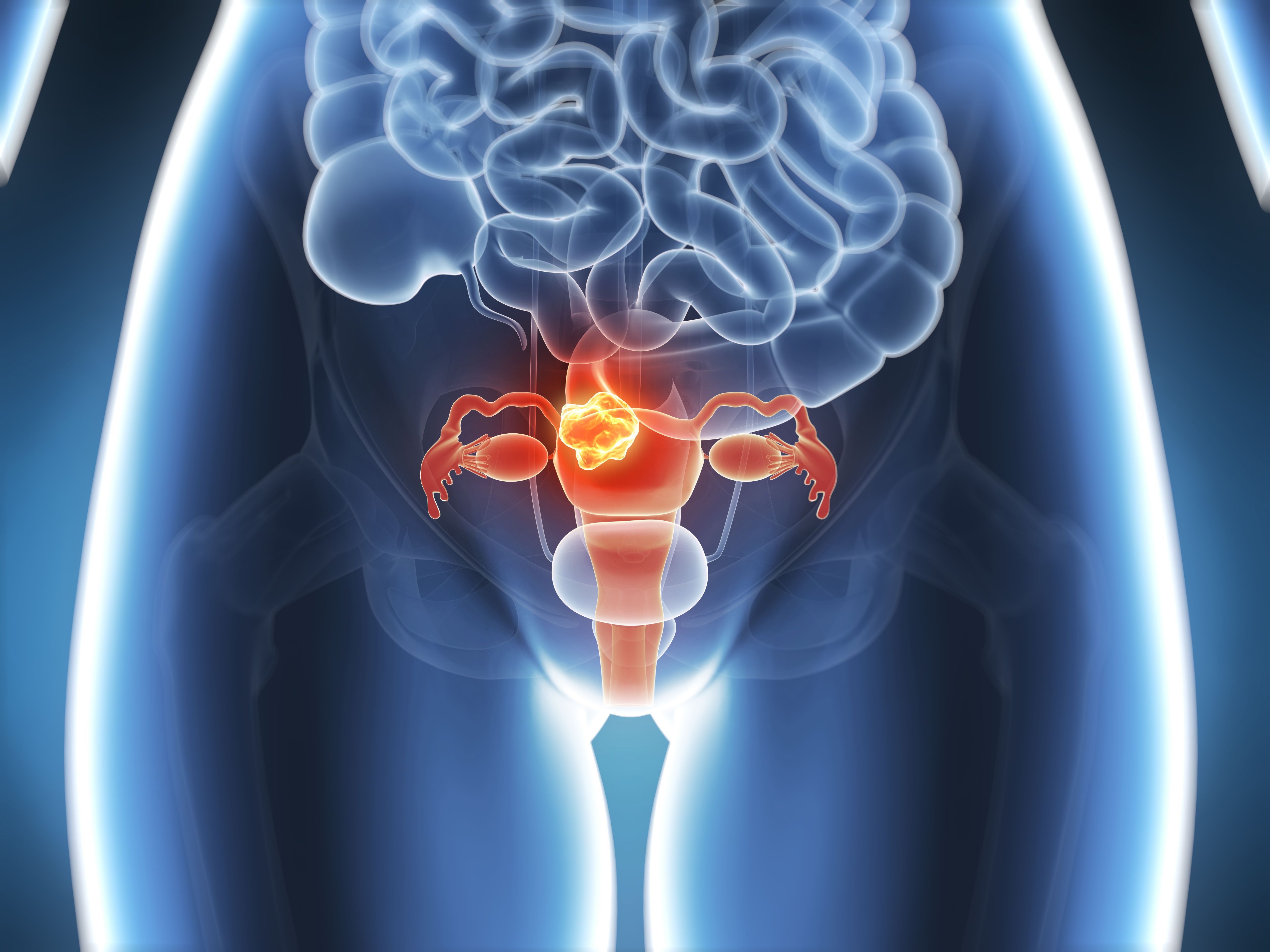GCLQ and LELSQ Shows Similar Total Scores in Assessment of Lymphedema in Endometrial Cancer
A correlation in total scores were seen between the gynecological cancer lymphedema questionnaire and the lower extremity lymphedema screening questionnaire, according to findings presented at the 2023 Society of Gynecologic Oncology Annual Meeting on Women’s Cancer.

In a retrospective analysis of women with advanced endometrial cancer, the gynecological cancer lymphedema questionnaire (GCLQ) and the lower extremity lymphedema screening questionnaire (LELSQ) showed a moderate to substantial agreement across various cutoff points.
Findings presented at the 2023 Society of Gynecologic Oncology Annual Meeting on Women’s Cancer showed that among 1848 women with endometrial cancer, 61% responded to the survey. Among these, 946 were able to respond to both the GCLQ and LESQ. There were 5 cutoff points for the LELSQ and 4 cutoff points for the GCLQ. At the time of analysis, 414 (44%) and 471 (50%) patients tested positive for lower extremity lymphedema (LEL) with the LELS and GCLQ assessments, respectively.
Moreover, Spearman’s correlation coefficient between the GCLQ and the LELSQ scores was 0.83 (P < .001). According to the study authors, this indicates a very strong relationship.
Cohen’s Kappa analysis also showed substantial agreement between these cutoffs (0.63) as well as moderate to substantial agreement for all evaluated cutoffs (range, 0.53-0.66).
“In this retrospective, cross-sectional study, the GCLQ and LELSQ demonstrated strong correlation between total scores,” study authors wrote in the poster. “However, subgroup analysis showed variations in agreement.”
Study authors noted in the poster that LEL is a common complication for many patients who undergo treatment for gynecological cancers. Despite this, no gold standard for diagnosing LEL exists, and several different questionnaires set to identify LEL through self-reporting have subsequently been integrated into clinical practice. The goal of this study, therefore, was to compare the dichotomous 20-item GCLQ against the grade 13-item LELSQ in endometrial cancer survivors. Patients were also queried about their comorbidities.
The study looked at women who had undergone primary surgery for assumed early-stage endometrial cancer between January 2006, and December of 2021. These women were invited to complete a questionnaire which included the GCLQ, the LELSQ, along with questions on their demographics. Patients were able to respond electronically or by mail. The common cutoff for self-reported LEL was 4 with the GCLQ and 5 for the LELSQ. Other cutoffs were assessed during the original validation process of these questionaries, and for subgroups. Agreement between the 2 questionnaires were evaluated through Cohen’s kappa while correlations between the toral scores were assessed via Spearman’s correlation coefficient. Investigators also evaluated the patient’s comorbidities data.
The median age of the responders was 71.3 years, and the mean self-reported body mass index was 28.0 kg/m2. The median time between surgery and survey was 6 years, with most patients (62%) having received surgery over 5 years prior to analysis.
Eighty-four percent of the patients had stage I disease; 5% has stage II, 3% had stage IIIA/B, 8% had stage IIIC, and1% had stage IV. Moreover, 75% of patients had endometrioid histology. Thirty-six percent had no nodal assessment, 22% had sentinel lymph node (SLN) biopsy and 42% had lymphadenectomy. In terms of prior treatment, 64% had not received adjuvant therapy, 36% had received adjuvant chemotherapy, and less than 1% had received adjuvant radiotherapy. Most patients had musculoskeletal complaints (59%).
In exploring the various reference cutoffs across subgroups investigators observed a shift from substantial to moderate agreement, according to Cohen’s Kappa, in the following domains: a body mass index greater than 30, less than 5 years since surgery, SLN as nodal assessment, receiving adjuvant therapy, and musculoskeletal complaints.
Reference
Trent PB, Falk RS, Staff AC, Thorsen L, Engeskaug I, Opheim L, Eriksson AGZ. Head-to-head comparison of the gynecological cancer questionnaire and the lower extremity lymphedema screening questionnaire in a cohort of endometrial carcinoma survivors. Presented at: Society for Gynecologic Oncology Annual Meeting on Women’s Cancer; March 25-28; Tampa, Florida.
Lenvatinib-Pembrolizumab Duo Delivers Impressive Results in Endometrial Cancer
September 18th 2024The combination of lenvatinib and pembrolizumab showed promising results in treating recurrent endometrial carcinoma, demonstrating significant antitumor activity and improved survival rates compared to standard therapy.
Read More








